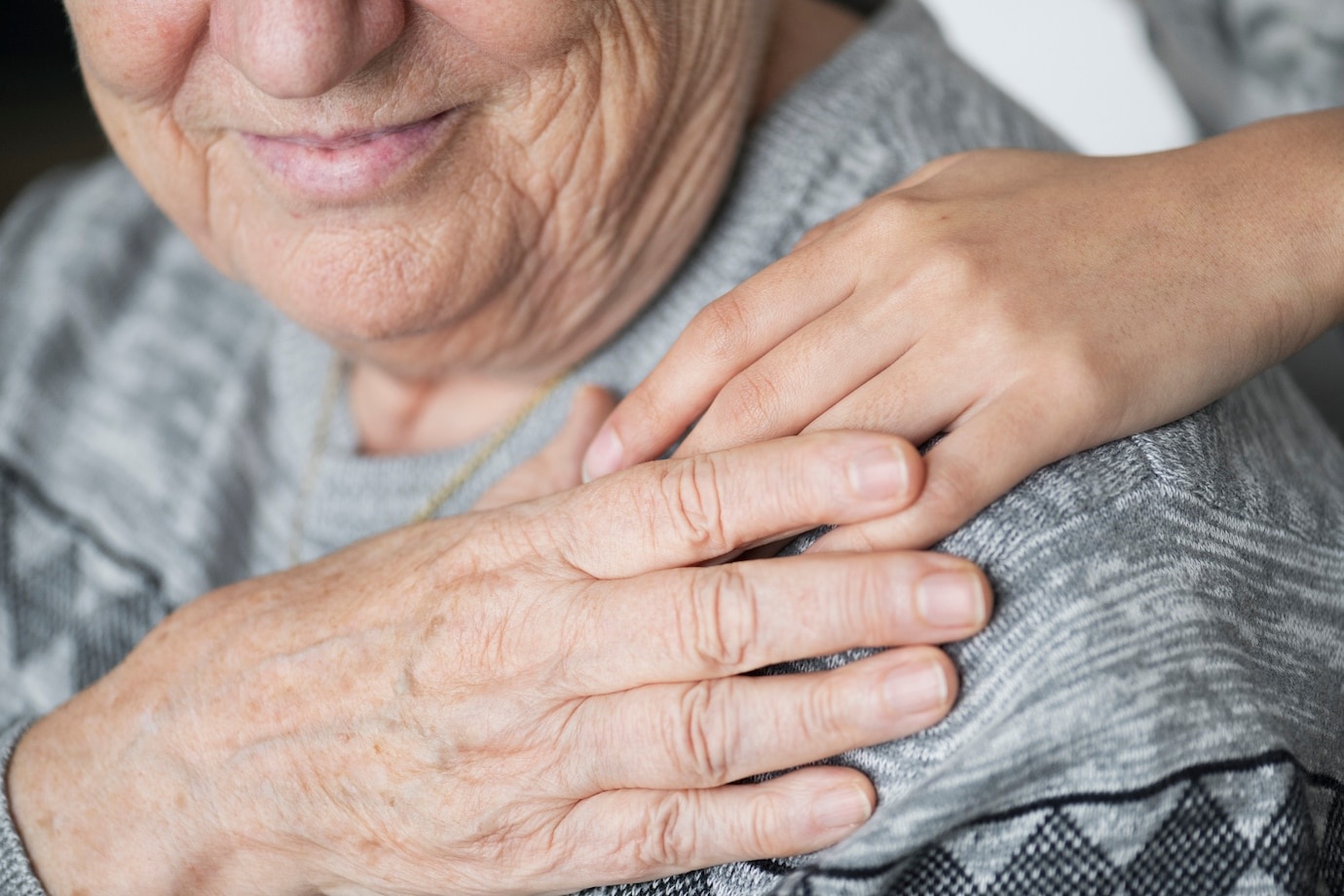Mental health in the elderly: Prevention and Approach
Psychological Complaints Behind Physical Symptoms
Elderly people are often reluctant to name psychological problems and often express their concerns as physical complaints. For example, feelings of anxiety may manifest as palpitations, and prolonged stress may lead to stomach upset. These physical symptoms may have a deeper psychological cause, such as loneliness due to loss of a partner, difficulty adjusting after moving to a nursing home, or confronting a serious illness.
Typical Psychological Problems in the Elderly
-
Dejection: Many older people experience feelings of gloom, lethargy and loss of interest in activities that used to give them pleasure.
-
Loneliness: Social isolation can make older people feel lonely, even when surrounded by others. The lack of deep, meaningful relationships can intensify feelings of loneliness.
-
Life questions: Elders may be concerned with existential questions about the meaning of life, their contribution to society, and how to make sense of their final years.
These problems are often exacerbated by external factors such as medication use, changes in life circumstances, or loss of autonomy.
The Importance of Timely Assistance
The stigma surrounding mental health problems can make seniors hesitant to seek help. However, it is crucial that seniors with persistent mental health symptoms get professional help. A primary care physician can be a good first step in assessing whether referral to a specialist, such as a psychologist, psychotherapist, or spiritual caregiver, is needed. An open conversation can help seniors understand their feelings and discover new ways to cope with challenges.
Addressing and Preventing Psychological Problems.
-
Encouraging Social Contacts: Maintaining existing social relationships and establishing new contacts can reduce loneliness and provide social support. Activities such as get-togethers at community centers, clubs, or special group activities for the elderly can contribute to a sense of belonging.
-
Promote Physical Activity: Regular physical activity not only has physical benefits, but can also improve mood and reduce stress. Activities such as dance classes, gymnastics, walking, or swimming are appropriate for the elderly and can be enjoyable.
-
Meaningful Time Use: Finding meaningful activities can help seniors fill their days in a meaningful way. These can range from volunteer work to creative hobbies or educational pursuits.
-
Healthy Nutrition: A balanced diet is essential for overall health, including mental health. Older people need to get enough nutrients to stay energetic and keep their bodies functioning properly.
Conclusion
Promoting mental health in the elderly requires a holistic approach in which both individual and community efforts are important. By encouraging social interactions, encouraging physical activity, providing meaningful activities, and promoting healthy eating, we can significantly improve the quality of life of the elderly. As a society, it is essential to be aware of the unique challenges facing the elderly and to create a supportive environment in which they feel heard, seen, and valued.


























0 Comments
There are no comments yet, be the first one to comment....